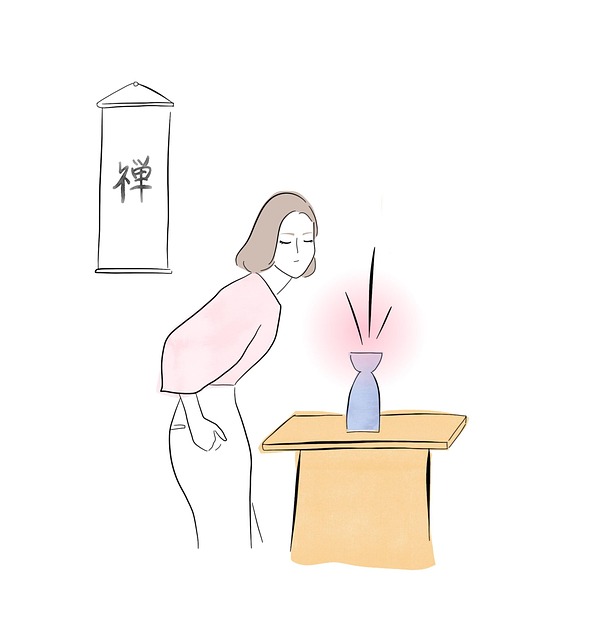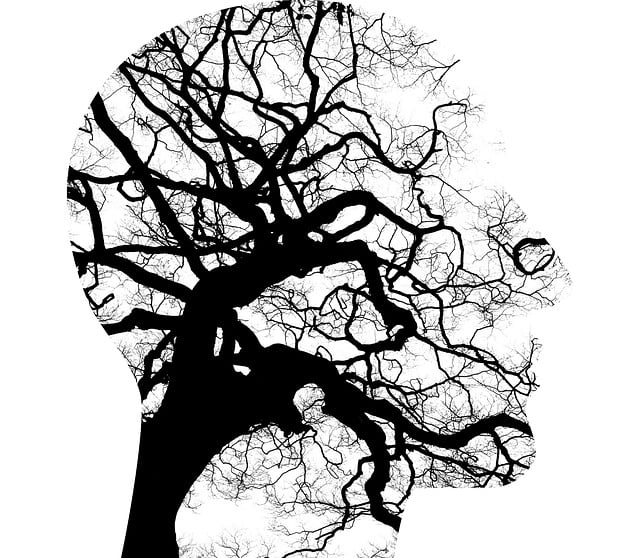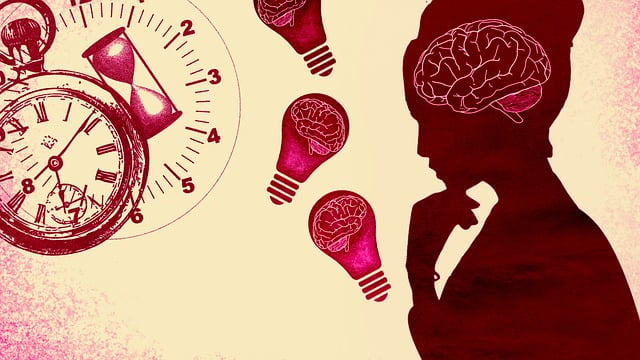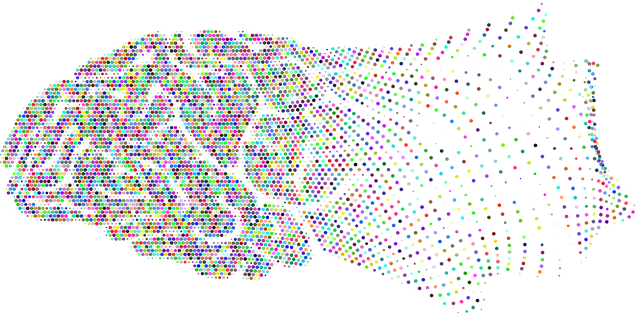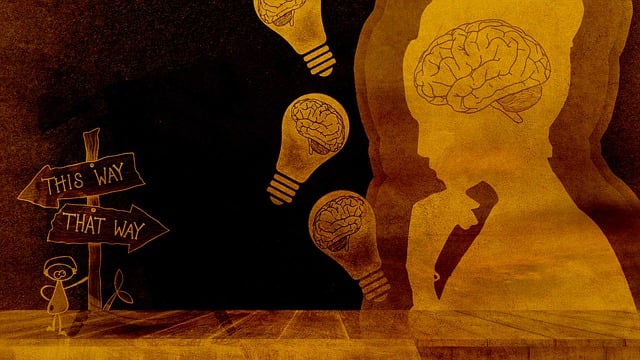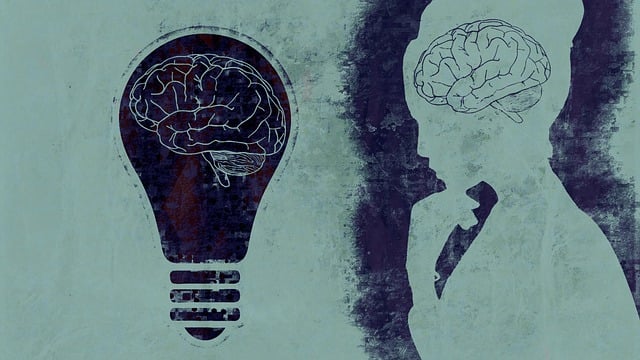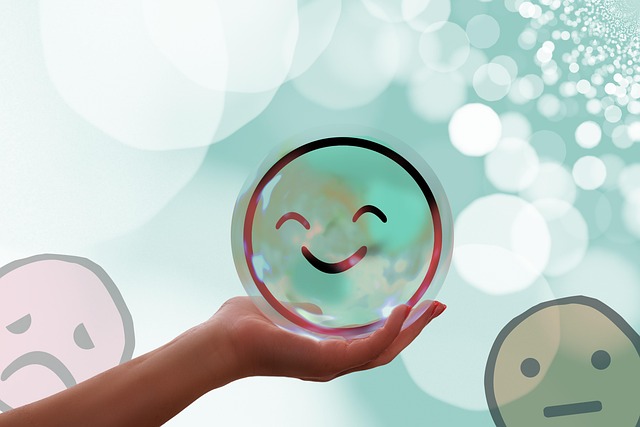Emotional intelligence (EI) development is vital for young individuals, especially those with Attention Deficit Disorder (ADD) or Attention Deficit Hyperactivity Disorder (ADHD). Early intervention through targeted therapy during ADD/ADHD evaluations significantly enhances EI. Parents can identify signs of ADD/ADHD in children and seek professional help for accurate evaluations. Simple techniques like open conversations about emotions and praising efforts at home, coupled with structured mental wellness coaching programs, contribute to a child's emotional well-being. Mindfulness, structured environments, and specific Emotional Well-being Promotion Techniques are effective strategies taught through therapy to support ADD/ADHD children in managing their emotions and symptoms, fostering better social interactions and academic performance.
Emotional intelligence (EI) is a vital skill for young minds, fostering healthy relationships and personal growth. This article explores the significance of EI, focusing on its impact on children’s development, especially those with Attention Deficit Disorder/Hyperactivity Disorder (ADD/ADHD). We delve into early evaluation methods, the therapeutic benefits for enhancing emotional awareness, and practical strategies to build EI in young children. Additionally, we provide valuable tips for parents on nurturing self-regulation skills in their ADD/ADHD children through therapy for young children evaluations.
- Understanding Emotional Intelligence and Its Impact on Young Minds
- Identifying ADD/ADHD in Children: Symptoms and Early Evaluation
- The Role of Therapy in Enhancing Emotional Awareness for Kids with ADD/ADHD
- Strategies to Develop Emotional Intelligence in Young Children
- Practical Tips for Parents: Nurturing Self-Regulation Skills in ADD/ADHD Children
Understanding Emotional Intelligence and Its Impact on Young Minds

Emotional intelligence (EI) refers to an individual’s ability to recognize, understand, and manage their own emotions, as well as recognize, interpret, and respond appropriately to the emotions of others. For young minds, developing EI is a crucial step towards healthy social and emotional development. Children with higher EI skills are better equipped to navigate relationships, manage stress, and resolve conflicts, which can significantly impact their overall well-being.
Early intervention through therapy for young children, especially those undergoing ADD-ADHD evaluations, can play a pivotal role in fostering emotional intelligence. Therapists can employ various techniques such as teaching conflict resolution skills and promoting cultural sensitivity in mental healthcare practice to help youngsters understand and regulate their emotions. Additionally, stress management strategies become valuable tools for these young minds, enabling them to cope with daily challenges and navigate the complexities of social interactions.
Identifying ADD/ADHD in Children: Symptoms and Early Evaluation

Many children with Attention Deficit Hyperactivity Disorder (ADHD) or Attention Deficit Disorder (ADD) may display unique challenges in their daily lives, often affecting their academic performance and interactions with peers. Identifying these conditions early is crucial for effective therapy for young children. Parents and caregivers should be vigilant regarding specific symptoms that could point to ADD/ADHD, such as difficulty sustaining attention, impulsive behavior, restlessness, hyperactivity, and organizational problems. These signs might become more evident in structured settings like school or at home during focused tasks.
Seeking professional help is essential for accurate evaluations. Therapists and healthcare providers utilize various tools and assessments to diagnose ADD/ADHD, considering the child’s medical history and behavioral observations. Early evaluation allows for timely interventions, preventing potential burnout prevention strategies for healthcare providers and fostering cultural sensitivity in mental healthcare practice. Community outreach program implementation can also play a vital role in raising awareness about these conditions, ensuring that children receive the necessary support and guidance to thrive.
The Role of Therapy in Enhancing Emotional Awareness for Kids with ADD/ADHD

For young children diagnosed with Attention Deficit Disorder/Hyperactivity Disorder (ADD/ADHD), therapy plays a pivotal role in enhancing emotional awareness and fostering healthy coping mechanisms. Through structured evaluations, therapists can identify specific challenges faced by these children, tailoring interventions to their unique needs. Therapy provides a safe space for kids to explore and express their emotions, offering them tools to navigate the complexities of their experiences.
This process involves teaching fundamental skills such as stress management workshops that empower children with strategies to recognize and regulate their feelings. By integrating positive thinking techniques and effective communication strategies, therapy helps ADD/ADHD young clients build a stronger emotional vocabulary, enabling them to better understand and manage their responses in various situations.
Strategies to Develop Emotional Intelligence in Young Children

Helping young children develop emotional intelligence (EI) is crucial for their overall mental wellness and social skills. Early intervention strategies are essential, especially for kids who may require additional support, such as those undergoing ADD-ADHD evaluations. Parents and caregivers can play a vital role in fostering EI development through simple yet effective techniques. One approach is to encourage self-esteem improvement by praising efforts rather than solely focusing on outcomes, which can help children recognize their capabilities and develop resilience.
Engaging in open conversations about emotions is another powerful tool. Using age-appropriate language, discuss feelings and provide labels for different emotions, allowing children to understand and identify their own emotional responses. Therapy for young children need not be formal; it can be incorporated into daily routines like reading stories with emotional themes or playing games that encourage empathy. Regular mental wellness coaching programs development can further enhance these skills, providing structured activities tailored to each child’s unique needs.
Practical Tips for Parents: Nurturing Self-Regulation Skills in ADD/ADHD Children

Raising a child with Attention Deficit/Hyperactivity Disorder (ADD/ADHD) comes with unique challenges, but parents play a pivotal role in fostering self-regulation skills that can significantly support their child’s emotional intelligence development. Early intervention through therapy for young children is key; evaluations should not only diagnose but also guide tailored strategies to manage symptoms and promote emotional well-being.
Practical tips include incorporating mindfulness meditation exercises into daily routines, offering structured environments with clear boundaries, and teaching simple breathing techniques for anxiety relief. Consistent routines help reduce stress and improve focus, while specific Emotional Well-being Promotion Techniques can equip children with tools to identify and manage their emotions effectively. By integrating these strategies, parents contribute to a more balanced and emotionally intelligent future for their ADD/ADHD children.
Emotional intelligence is a cornerstone of healthy development, especially for children with ADD/ADHD. By understanding and addressing emotional needs through early evaluations and tailored therapy, parents can significantly enhance their children’s ability to self-regulate. Implementing practical strategies at home, such as those outlined in this article, can foster emotional intelligence in young minds, creating a brighter future for kids navigating the challenges of ADD/ADHD. Investing time and effort in these areas can lead to improved relationships, better academic performance, and increased overall well-being for children with ADD/ADHD, ensuring they receive the support they need to thrive. Remember, therapy for young children with ADD/ADHD evaluations are valuable tools that can open doors to significant progress.

